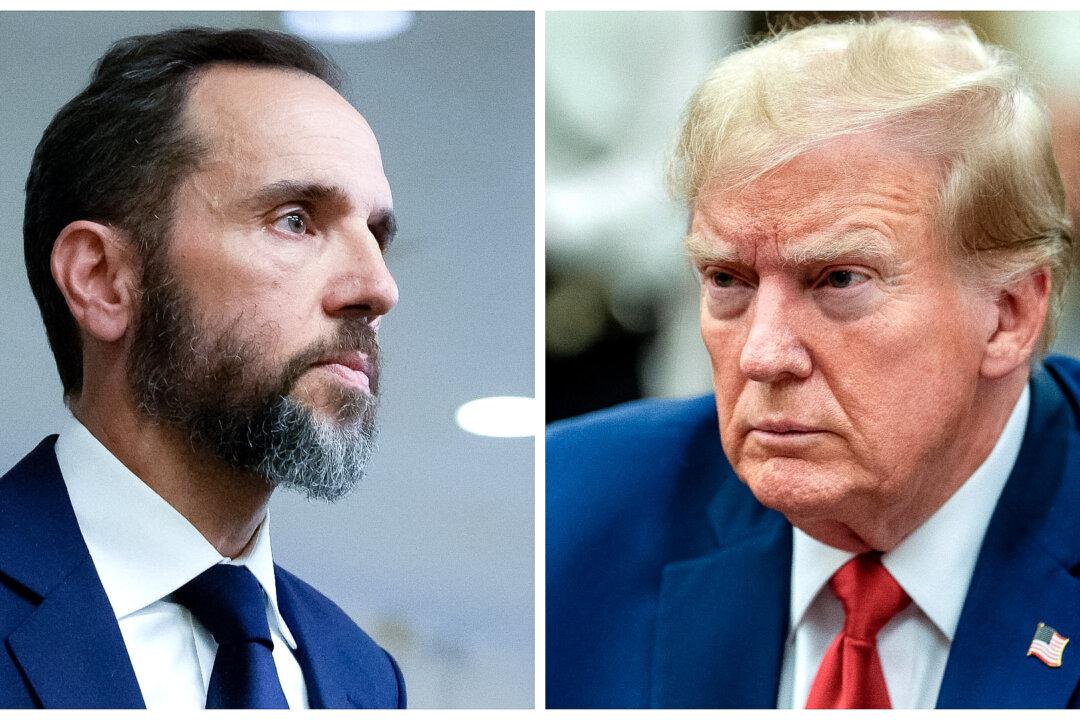In court filings on March 7, special counsel Jack Smith pushed back on claims that he lacked the authority to prosecute former President Donald Trump, an argument that has been pushed by Reagan-era U.S. Attorney General Edwin Meese III and picked up by Trump attorneys in a motion to dismiss the case that Mr. Smith is leading in the U.S. District Court for the Southern District of Florida.
President Trump has been charged with 40 counts related to allegedly mishandling classified documents, and Mr. Smith was appointed special counsel on Nov. 18, 2022, leading to two cases against the former president. In Washington, President Trump was charged with four counts of obstruction and conspiracy for his actions on Jan. 6, 2021.





